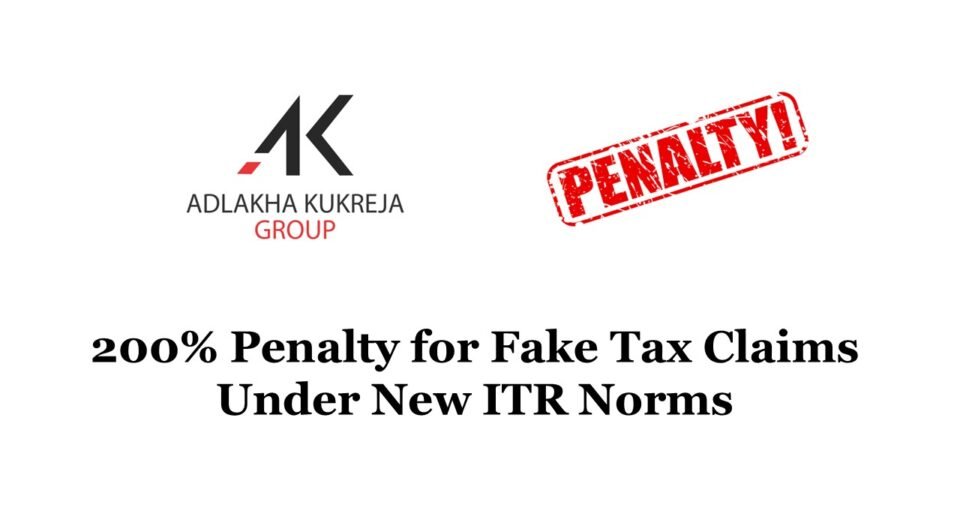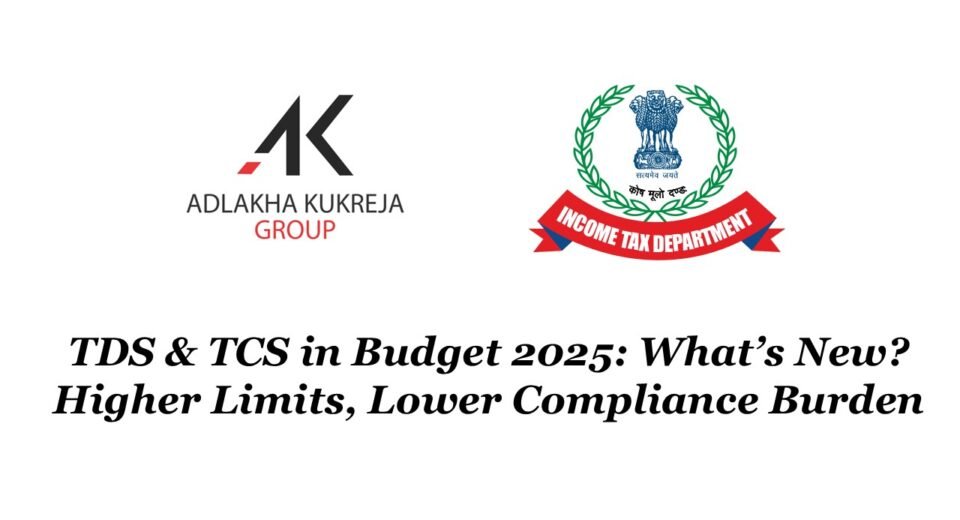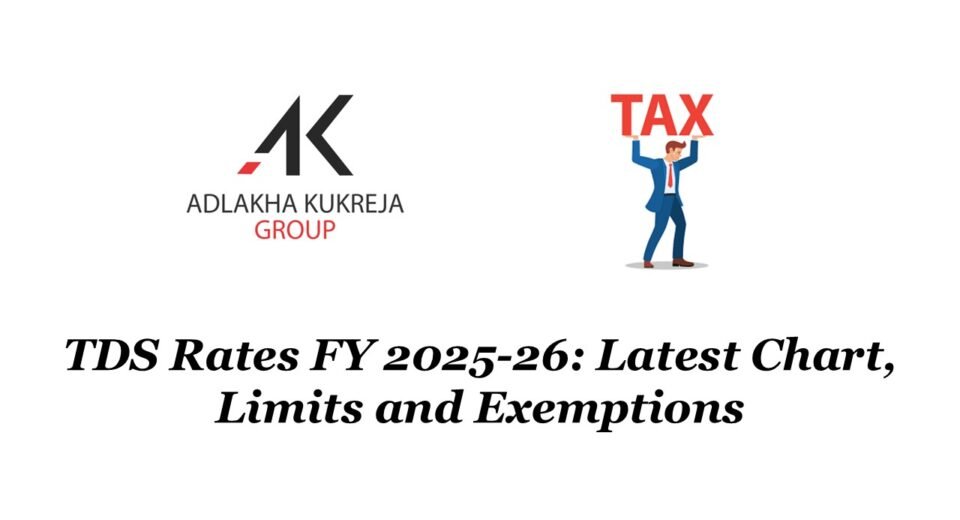
200% Penalty for Fake Tax Claims Under New ITR Norms
July 5, 2025Objective
Simplify GST structure, reduce rates on essential goods and services, enhance trade facilitation, and operationalize the GST Appellate Tribunal (GSTAT).
Effective Date:
Most rate changes for goods and services (except tobacco products) effective from September 22, 2025. Tobacco-related changes to be phased based on compensation cess clearance.
Rate Structure
Transition from a 4-tier to a 2-tier structure:
- 5% (Merit Rate)
- 18% (Standard Rate),
- Special 40% (De-merit Rate) for selected Luxury and Sin Goods.
GST Rate Changes for Goods
The Council reduced GST rates on various goods to support affordability, agriculture, and essential items. Key changes include:
- Exemptions (Nil Rate):
- Ultra-High Temperature (UHT) milk
- Pre-packaged and labelled chena or paneer
- Indian breads (e.g., chapati, roti, paratha, parotta)
- 33 lifesaving drugs and medicines (e.g., for cancer and rare diseases)
- Reduced from 12%/18% to 5%:
- Live horses
- Condensed milk, butter, ghee, dairy spreads, cheese
- Dried nuts/fruits (e.g., almonds, Brazil nuts, dates)
- Malt, starches, vegetable extracts
- Animal fats/oils (e.g., pig, bovine, fish)
- Edible mixtures, margarine
- Glycerol, vegetable waxes
- Prepared meats, sausages
- Agricultural machinery, renewable energy devices
- Medical equipment (e.g., bandages, glucometers)
- Bicycles and parts
- Common household items (e.g., hair oil, toothpaste, kitchenware)
- Reduced from 12%/18% to 5%:
- Small cars, motorcycles (≤350cc), buses, three-wheelers, trucks, ambulances
- Cement, air-conditioning machines, TVs (>32 inches), dishwashing machines
- All auto parts (regardless of HS code)
- Increased to 40%:
- Non-alcoholic beverages, caffeinated drinks, carbonated fruit drinks (cess merged)
- Special Provisions:
- GST on pan masala, gutkha, cigarettes, unmanufactured tobacco and chewing tobacco like Zarda to be levied on Retail Sale Price (RSP).
- Exemption on IGST/cess for a new armoured sedan car imported by the President of India.
GST Rate Changes for Services
- Reduced to 5% (without ITC):
- Hotel accommodation (up to ₹7,500/unit/day, previously 12% with ITC)
- Beauty and well-being services (e.g., gyms, salons, yoga centers)
- Job work services for pharmaceuticals, leather, and hides
- Increased to 18%:
- Works contract services for offshore oil and gas exploration
- Goods transport agency (GTA) services (option for 18% with ITC retained)
- Exemptions:
- All individual life insurance policies (Term Life/ ULIP/ Endowment) and health insurance policies (including family floater and senior citizen policies)
- Clarification:
- Stand-alone restaurants cannot opt for 18% GST with ITC; must follow standard rates.
Implementation Timeline
- September 22, 2025: Effective date for most rate changes (goods and services, excluding tobacco).
- Tobacco Products: Rate changes phased based on compensation cess obligations; transition date to be set by the Union Finance Minister.
- November 1, 2025:
- Simplified GST registration for small businesses.
- 90% provisional refunds for inverted duty structure and zero-rated supplies.
- End-September 2025: GST Appellate Tribunal to start accepting appeals.
- End-December 2025: GST Appellate Tribunal to commence hearings.
- June 30, 2026: Deadline for filing backlog appeals with GST Appellate Tribunal.
Trade Facilitation and Procedural Reforms
- GST Appellate Tribunal (GSTAT):
- Operational by December 2025; Principal Bench to serve as National Appellate Authority for Advance Rulings.
- Enhances dispute resolution and consistency.
- Simplified GST Registration:
- From November 1, 2025, automated registration within 3 days for small businesses whose GST on supplies to registered persons is up to ₹2.5 lakh per month) and e-commerce suppliers.
- Refunds:
- 90% provisional refunds for zero-rated supplies and inverted duty cases starting November 1, 2025.
- Removal of threshold limit for low-value export refunds.
- Valuation Rules:
- Aligned with lottery ticket rate changes.
- GST on pan masala, gutkha, and tobacco based on RSP.
- Post-Sale Discounts:
- Amendments to CGST Act (Sections 15, 34) to simplify discount treatment.
- ITC reversal required for discounts via credit notes.
- New circulars to clarify ITC non-reversal and promotional activity discounts.
- Intermediary Services:
- Place of Supply (POS) amended under IGST Act to benefit Indian exporters. Accordingly, POS will be location of recipient.
Key Clarifications from FAQs
- Registration Threshold: No changes to the CGST Act, 2017 threshold.
- ITC Handling:
- ITC on pre-rate-change purchases can offset output tax.
- ITC reversal required for exempt supplies post-rate change.
- Specific Items:
- UHT Milk: Exempt; plant-based milk at 5%.
- Paneer/Cheese: Pre-packaged paneer exempt; cottage cheese promoted.
- Indian Breads: Exempt (illustrative list includes pizza bread, roti).
- Natural Honey: Promoted with differential treatment.
- Agricultural Machinery: 5% (not exempt to allow ITC reversal for farmers).
- Carbonated Beverages: Increased cess to phase out levy.
- Medicines/Medical Devices: 5% concessional rate; no inverted duty impact.
- Vehicles:
- Small cars, buses, three-wheelers: 18%
- Motorcycles: 18% (<350cc), 40% (>350cc in some cases)
- Textiles/Fertilizers
- Manmade fibre/yarn, sulphuric acid, nitric acid, ammonia: 5% to correct inverted duty.
- Raw cotton GST removed on reverse charge.
Inverted Duty Structure
- Strengthened refund mechanism with 90% provisional refunds from November 1, 2025.
- No deeper inversion for textiles or plastics.
Additional Notes
- Notifications for revised rates will be issued and available on the CBIC website.
- E-way bills for transit goods remain unchanged; cancellations allowed before generation.
- Detailed annexures (I–V) provide further specifics on rate changes and reforms.
This restructured GST framework aims to simplify compliance, reduce costs for essential goods and services, and promote ease of doing business while ensuring clarity through FAQs and procedural enhancements.
References:
Frequently Asked Questions (FAQs) on the decisions of the 56th GST Council held in New Delhi
Recommendations of the 56th Meeting of the GST Council held at New Delhi
You may find our other blogs below:
Who should file an Income Tax Return (ITR)?: Click here
Old Tax Regime vs New Tax Regime: Click hereBudget 2025 Direct and Indirect Changes: Click here




